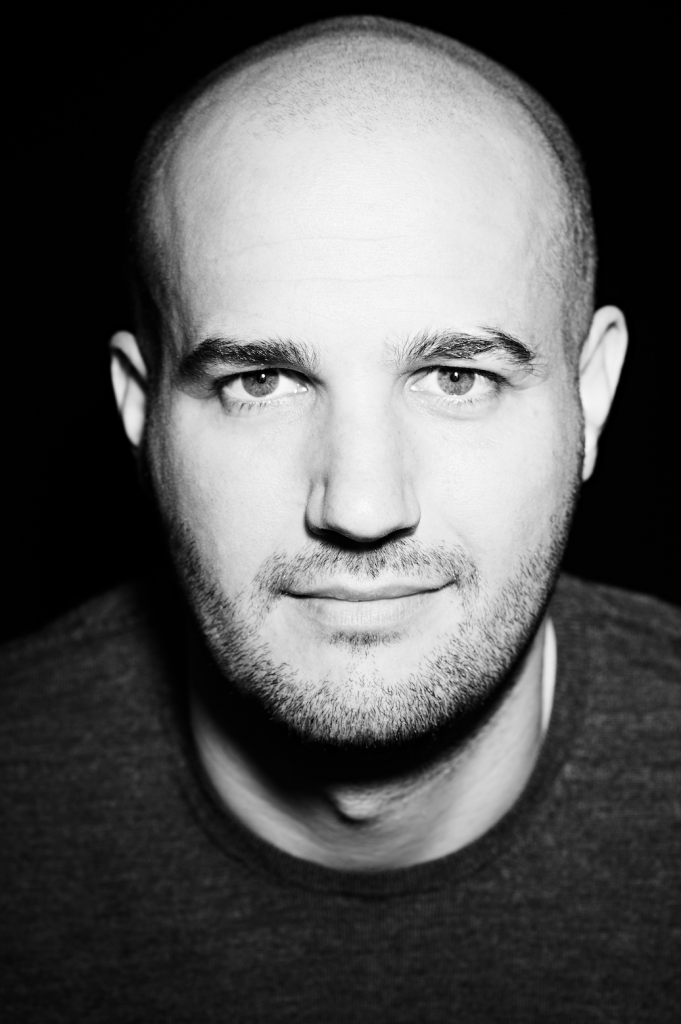Intro
This is the website of Stephen Witt. I am a Los Angeles-based writer, television producer, and investigative journalist.

Book
Published in June 2015, How Music Got Free is a narrative history of music piracy, and tells the true story of the scientists, smugglers and suits who fought the Internet’s first content war. It covers the scientific development of the mp3 and the fall of the record industry in detail, but the core of the story is the organized criminal conspiracy that infiltrated the music industry’s supply chain, leaking more than 10,000 albums to the Internet.
Selected Reviews:
- Dwight Garner, New York Times: “How Music Got Free is Mr. Witt’s first book, and it has what a music executive might call crossover appeal. That is, it has the clear writing and brisk reportorial acumen of a Michael Lewis book.”
- Nick Hornby, The Times (UK): “A terrific, timely, informative book, of particular value to anyone who has been left bewildered by the speed of change in listening habits in the 21st century.”
- 100 Greatest Music Books of All Time, Billboard: “With methodical reporting and subtle, sardonic humor, Witt explains exactly how it all played out while implying that, one way or another, the collapse of the old system was inevitable.”
Professional Writing
I have written a number of articles for magazines, websites and newspapers.
✭ = Personal favorite
§ = Viral hit
† = Contains material adapted from How Music Got Free
- ✭ The World-Changing Race to Develop the Quantum Computer (The New Yorker, December 12, 2022)
- Inside the Final Minutes of the Concorde Disaster—And How They Doomed Supersonic Travel for Decades (Popular Mechanics, November 2, 2022)
- Crypto.com Spent Its Way to the Top. Then the Market Crashed. Now What? (GQ, May 19, 2022)
- ✭ The Turkish Drone That Changed the Nature of Warfare (The New Yorker, May 16, 2022)
- ✭ The Man Who Predicted Climate Change (Newyorker.com, December 10, 2021)
- ✭ How Patrick Soon-Shiong Made His Fortune Before Buying the L.A. Times (The New Yorker, November 1, 2021)
- Solar Power Is Sustainable for the Economy, Too (Wired, April 1, 2020)
- ✭ § Apollo 11: Mission Out of Control (Wired, June 24, 2019)
- § Tekashi 6ix9ine: The Rise and Fall of a Hip-Hop Supervillain (Rolling Stone, January 16, 2019)
- Why Does Apple Have to Spoil Everything? (Financial Times, July 15, 2018)
- Spotify Is, For Now, The World’s Most Valuable Music Company, (NPR Music, April 4, 2018)
- Tech Utopianism And Our Walled Gardens: Is It Time For A Jailbreak? (NPR Music, February 12, 2018)
- Netflix Has Nothing to Fear from Disney (Financial Times, 623 words, August 14, 2017)
- Stephen Feinberg, the Private Military Contractor Who Has Trump’s Ear (Newyorker.com, July 13, 2017)
- Q&A with Amazon’s Jeff Bezos (Billboard, 2,220 words, February 19, 2017)
- § The Inexplicable Online Absence of Aaliyah’s Best Music (Complex, 3,336 words, December 16, 2016)
- Big Gun’s Big Fail (New York, 5,055 words, November 15, 2016)
- What Beyoncé’s “Lemonade” Can (and Can’t) Do for Tidal (Newyorker.com, 895 words, April 27, 2016)
- Big Data will determine pop radio playlists (Financial Times, 726 words, April 11, 2016)
- ✭ § Is drone racing the sport of the future? (Financial Times, 2,384 words, April 1, 2016)
- Digital natives still yearn for an analogue life (Financial Times, 700 words, February 28, 2016)
- How Valeant Went From Wall St. Darling to Pariah (New York, 5,177 words, January 13, 2016)
- Review: ‘The Idealist’ by Justin Peters (The New York Times Book Review, 688 words, January 8, 2016)
- ✭ § Is the Future of Music a Chip in Your Brain? (The Wall Street Journal, 1,208 words, December 7, 2015)
- What’s the point of learning an instrument? (Financial Times, 716 words, December 4, 2015)
- ✭ The riot that made me write (Financial Times, 1,032 words, October 2, 2015)
- ✭ Book Notes—Stephen Witt’s music playlist (largehearted boy, 964 words, August 11, 2015)
- Why Grooveshark failed (The Verge, 1,994 words, July 28, 2015)
- When your YouTube video becomes a corporate profit center (Los Angeles Times, 953 words, June 27, 2015)
- † Goodbye to Piracy (Slate, 1,717 words, June 24, 2015)
- † The Dawn of Online Music Piracy (TorrentFreak, 552 words, June 20, 2015)
- Who will win the streaming wars? (Financial Times, 2,547 words, June 12, 2015)
- ✭ 9 Rare Works of Art Internet Pirates Are Obsessed With (Buzzfeed, 2,314 words June 10, 2015)
- ✭ § † The Man Who Broke the Music Business (The New Yorker, 8,267 words, April 27, 2015)